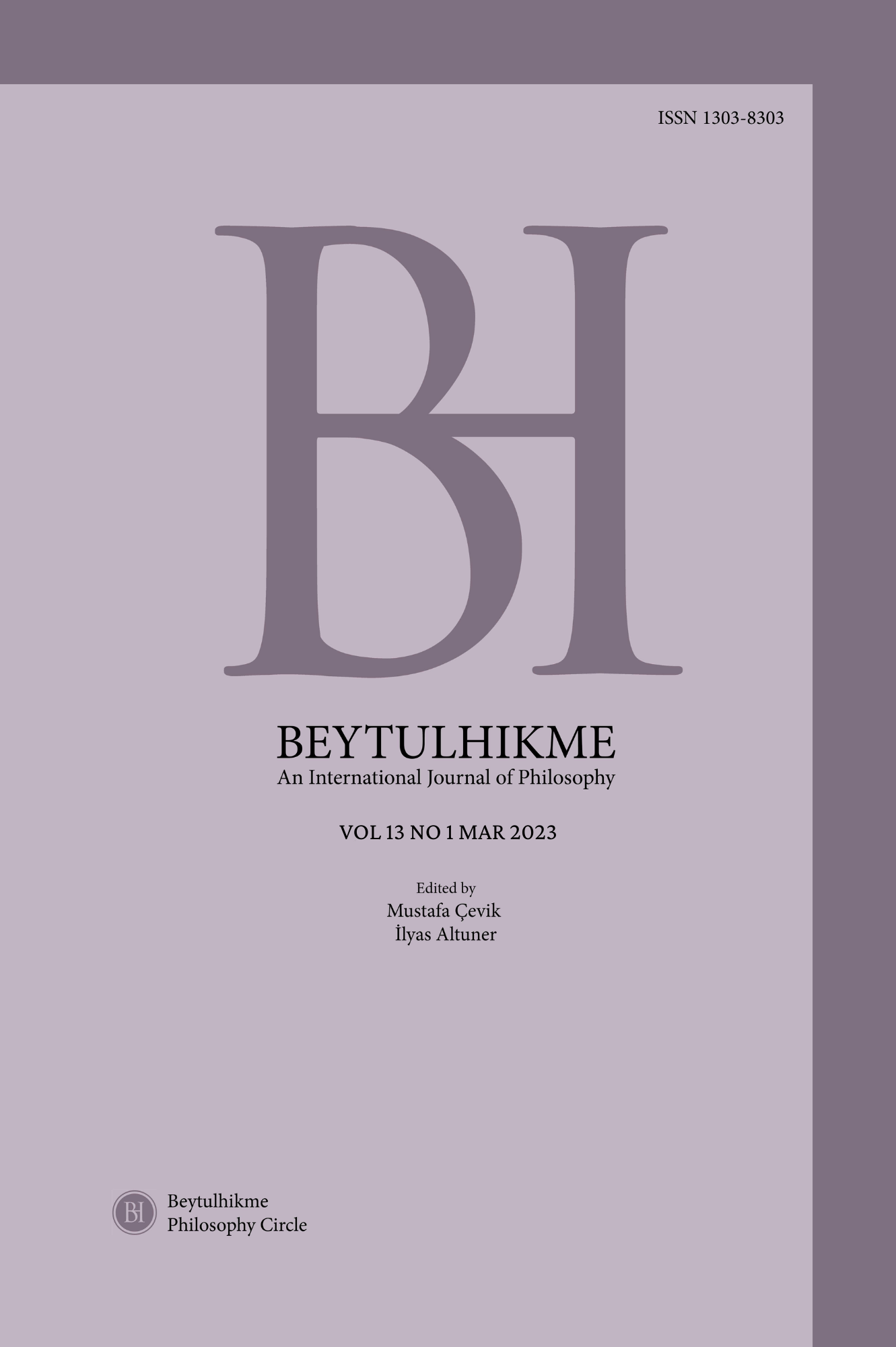Author :
Abstract
Alman İdealizminde ve bu akımdan hareket eden değerler etiği filozoflarında ahlakın insana göreli yorumu, büyük ölçüde Kant’ın, insanı niteleyen ana karakteristikler olan akıl, ben bilinci ve irade özgürlüğü temelinde ele aldığı etik görüşü üzerine kurulmuştur. Kant’ın ahlak felsefesinde özne, hem gerçekliğin öze ait yapısından hem de kendi kendine yasa koyan rasyonel irade olarak, ahlak yasasından sorumlu tutulmuştur. Bu açıdan bakıldığında Kant’la başlayan modern dönemin felsefi rasyonalizminin, insanın ahlaki oluşunu onun akıl yeteneğine ve öznelliğine dayandırdığı görülmektedir. Bu dönemde ahlak için rasyonel temel arama girişimleri ön planda tutulurken ahlak adına değerlerin kaynağı (ahlaki değerler) olarak özne gösterilmiştir. Ancak hemen belirtelim ki Kant’ın idealist düşüncesine paralel olarak insan aklını temele alan ahlak anlayışı bir yeniliğe işaret etmekle birlikte kendinden sonra gelen Alman idealistlerince (Fichte, Hegel) ve değerler etiğinin kurucu filozoflarınca (Scheler, N. Hartmann) eleştirilmiştir. Bu çalışmanın amacı, ‘Ben’in, ahlakın temelini kurmada ne denli geçerli kılınabileceğini hem değerler etiği açısından hem de Alman İdealizmi çerçevesinde eleştirel açıdan bir değerlendirme yaparak etiğin insana göreli anlamını tartışmak olacaktır.
Keywords
Abstract
In German Idealism and in other philosophers of ethics of values who follow this school of thought, the interpretation of the mind according to the human is mainly established on the ethical views of Kant on the main characteristics describing the human namely mind, self-awareness, and freedom of choice. The subject in the moral philosophy of Kant is kept responsible for both the structure of the reality belonging to the essence and the moral code as the self-ruling rational decision-maker. From this perspective, the philosophical rationalism of the modern period which started with Kant bases the morality of the human upon his/her capacity of mind and subjectivity. In this period while the quest for finding a rational basis for morality was prioritized, the subject was taken as the source of values (values of morality) in the name of morality. But we should remark that while the moral conception based on the human mind in parallel with Kant’s idealist thought indicates a novelty, it has been criticized by subsequent German idealists (Fichte, Hegel) and the founder philosophers of ethics of values (Scheler, N.Hartmann). This paper aims to discuss the interpretation of ethics according to the human by making a critical evaluation of how much the “self” can be acceptable in establishing the basis of morality from the perspectives of the ethics of values and German Idealism.
